Dexona Dexamethasone Injection
Dexona injection comes with Dexamethasone Sodium Phosphate as an active ingredient. It is a life-saving corticosteroid. Also used to prevent and treat anaphylaxis associated with a transfusion or chemotherapeutic agents. Anti-inflammatory potency is 7.5 times greater than prednisolone. Dexamethasone has a long duration of action and low mineralocorticoid activity and is particularly suitable for short-term high-dose therapy in conditions where water retention would be a disadvantage. Unsuitable for long-term daily or alternate-day use.
Description
Dexona Dexamethasone Sodium Phosphate Injection
Brand Name: Dexona Injection
Manufactured by: Zydus AHL
Dosage form: Injection
Presentation: Vial of 5 ml
Ingredients & Composition:
Each 1 ml of Dexona injection contains:
Dexamethasone Sodium Phosphate B.P (Vet) 4.4 mg
Equivalent to Dexamethasone Phosphate 4 mg
equivalent to Dexamethasone 3.34 mg
Methylparaben I.P 0. 15 % w/v
Propylparaben I.P 0.02 % w/v
Water for Injection q.s..
Description & Mechanism of Action:
Dexona injection comes with Dexamethasone Sodium Phosphate as an active ingredient. It is a life-saving corticosteroid. Also used to prevent and treat anaphylaxis associated with a transfusion or chemotherapeutic agents. Anti-inflammatory potency is 7.5 times greater than prednisolone. Dexamethasone has a long duration of action and low mineralocorticoid activity and is particularly suitable for short-term high-dose therapy in conditions where water retention would be a disadvantage. Unsuitable for long-term daily or alternate-day use.
Class: Steroid / Glucocorticoid
Indication / Uses:
Dexona injection is indicated in the treatment of
- Ketosis
- Inflammation of respiratory tract & urogenital tract
- Local inflammatory conditions
- Arthritis,
- Surgical, anaphylactic, traumatic & haemorrhagic shock
- Pregnancy toxemia
- Aid in inducing parturition
- Acute mastitis
- Anaphylaxis
Dosage and administration:
Cattle, Buffalo & Horse: 4 – 20 mg
Calf, Pig, Sheep & Goat: 2 – 4 mg
Dog & Cat: 0.5 – 2 mg
Route of Administration: Intramuscular (IM) or slow Intravenous (IV) route
Overdoses / Side effects / Contraindications /Warnings:
Use in the appropriate dosage. Primary adverse effects are cushingoid in nature with prolonged use. Use of dexamethasone should be avoided n systemic fungal infections, animals with arrested tuberculosis, peptic ulcer, acute psychoses, corneal ulcer, & Cushingoid syndrome.
Animals on chronic or long dexamethasone therapy should be tapered off steroids when discontinuing the drug. The use of long-acting steroids in most cases of shock and spinal injury is of no benefit and may be detrimental. Do not use in pregnant animals. Systemic corticosteroids are generally contraindicated in patients with renal disease and diabetes mellitus. Impaired wound healing and delayed recovery from infections may be seen. Topical corticosteroids are contraindicated in ulcerative keratitis. There is an increased risk of GI ulceration if used concurrently with NSAIDs. The risk of developing hypokalaemia is increased if corticosteroids are administered concomitantly with amphotericin B or potassium-depleting diuretics (furosemide, thiazides). Dexamethasone antagonizes the effect of insulin. The metabolism of corticosteroids may be enhanced by phenytoin or phenobarbital and decreased by antifungals such as itraconazole.
Do not self medicate to avoid side effects and complications
Pharmaceutical precautions / Instructions:
Store in a cool and dry place at 15-30 °C. Protect from light.
Safety: Age / Pregnancy/ Withdrawal:
Over and excessive dosages early in pregnancy may lead to teratogenic effects. In horses and ruminants, exogenous steroid administration may induce parturition when administered in the latter stages of pregnancy. It has potential withdrawal side effects if withdrawn without phasing or appropriate gradual reduction.
Habit-forming: May need to be given for a longer period of time and may need a gradual reduction in dosage to avoid potential side effects and Cushingoid syndrome-like symptoms.
Substitute: Dexamethasone (Vetoquinol)
Also See Isoflud Injection, Cortalife Isoflupredone Injection, Prednisolone Injection
Only logged in customers who have purchased this product may leave a review.


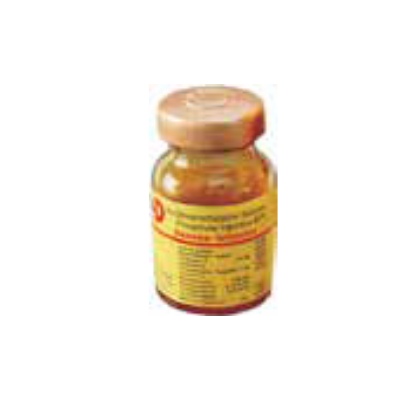
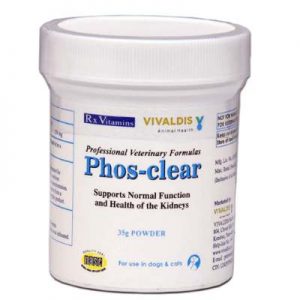
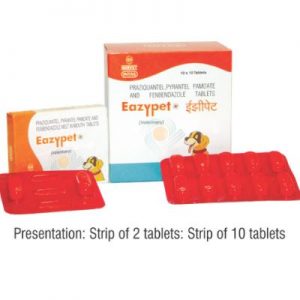
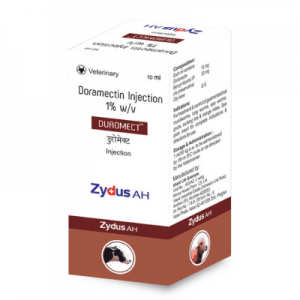
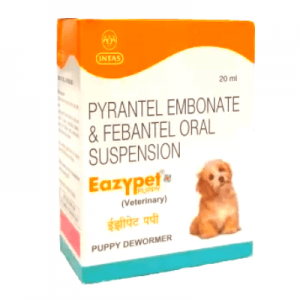
Reviews
There are no reviews yet.